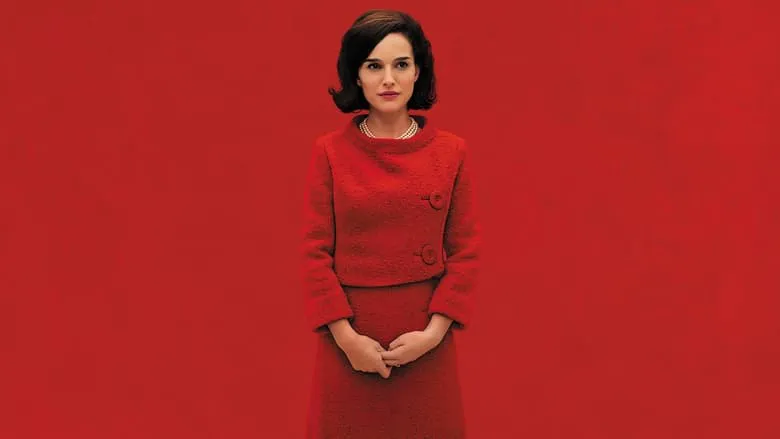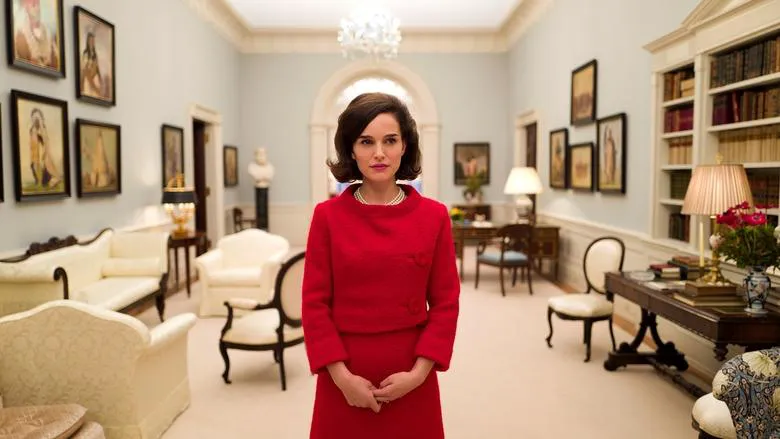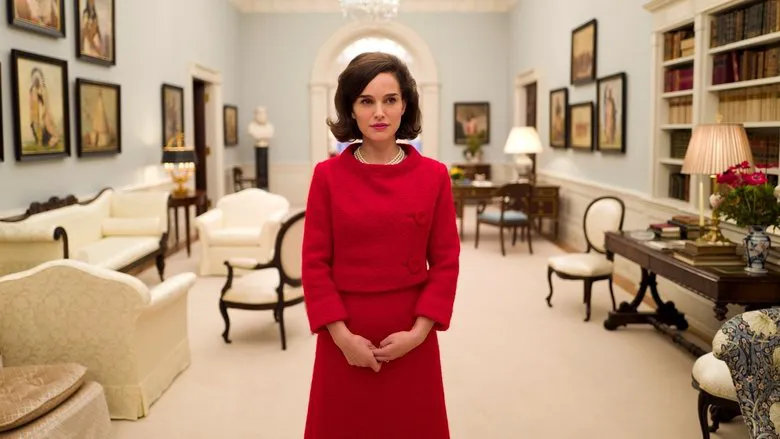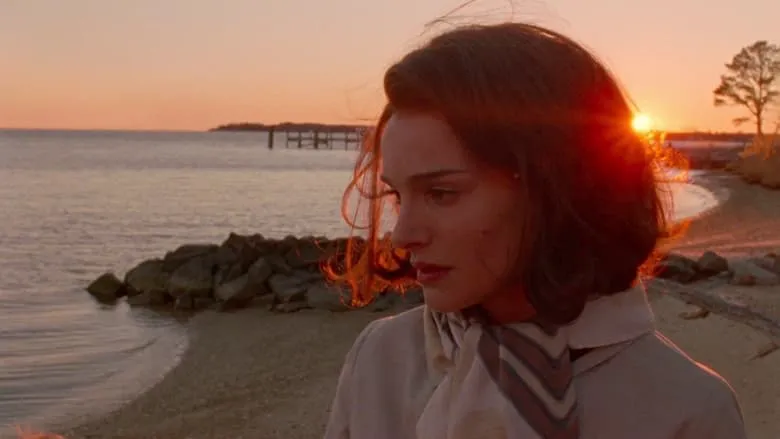Jackie: A Glimpse Inside a First Lady’s Grief
A poignant drama that intimately portrays the strength of a woman navigating unimaginable tragedy.
The film “Jackie” transports us to November 1963, a mere week after the assassination of President John F. Kennedy. A journalist from Life magazine arrives at the Kennedy family’s Massachusetts home to interview the former First Lady, Jacqueline Kennedy. The interview is fraught with tension, as Jackie is critical of the events surrounding her husband’s death. However, the reporter manages to penetrate her grief and reveal the Jackie that America fell in love with. Through the journalist’s prompting, Jackie reflects on her courtship with JFK, their transition into the White House, and the joyous moments before the tragic events in Dallas. While the President’s death shatters her, it doesn’t break her. Jackie emerges transformed, mirroring the world’s shift after the loss of the 35th President – resolute and powerful.
 .jpg “Still from “Jackie””)
.jpg “Still from “Jackie””)
Unraveling the Myth: Beyond Conspiracy
The assassination of John F. Kennedy remains shrouded in mystery, speculation, and countless investigations. While events like the Roswell incident and the moon landing have their share of intrigue, none have spawned as many films, books, and studies as the events in Dallas. Yet, a definitive picture remains elusive, leaving ample room for interpretation and re-examination of known facts. However, instead of delving into conspiracies, “Jackie” offers a unique perspective – an intimate look at grief, avoiding sensationalism and moralizing, allowing us to connect with history on a human level.
 .jpg “Still from “Jackie””)
.jpg “Still from “Jackie””)
From Aronofsky to Larraín: A Change in Vision
Initially, Darren Aronofsky was slated to direct, with Rachel Weisz in the lead role. However, the project evolved, with Natalie Portman taking over the role of Jackie and Aronofsky transitioning to a producer role, while Pablo Larraín stepped in as the director.
The Human Element: A Portrait of Resilience
The film’s greatest strength lies in its humanity. “Jackie” avoids the sensationalism of the assassination investigation, relegating conspiracy theories to the background. Instead, it focuses on Jacqueline’s personal journey, capturing moments of solitude and reflection. While other films about JFK’s death focus on action and intrigue, “Jackie” portrays the First Lady’s quiet strength as she prepares to leave the White House. In contrast to legal dramas dissecting the causes and consequences, “Jackie” presents a widow who, despite threats, bravely insists on walking with her children through Washington during the funeral procession.
 .jpg “Still from “Jackie””)
.jpg “Still from “Jackie””)
Authentic Voices: A Touch of Reality
In the film’s sole scene featuring John F. Kennedy, actor Caspar Phillipson’s voice is replaced with an actual recording of the 35th President’s speech, adding a layer of authenticity.
A World Transformed: Navigating Grief and Legacy
“Jackie” challenges conventional storytelling, presenting familiar historical figures in a new light. The assassination acts as a prism, refracting the world around them, forcing each character to grapple with profound questions. Robert Kennedy struggles to salvage the remnants of Camelot, Lyndon Johnson grapples with the sudden weight of the presidency, and Jacqueline searches for her place in a changed world. She is a young widow under the relentless gaze of the world’s media.
 .jpg “Still from “Jackie””)
.jpg “Still from “Jackie””)
Portman’s Tour de Force: A Multi-Layered Performance
Jacqueline is no stranger to attention, and Portman delivers a nuanced performance, embodying various facets of Jackie’s persona. We see her as the gracious new First Lady, giving a tour of the White House; the beloved public figure, receiving thunderous applause; the traumatized woman wiping blood from her face after the assassination; and the steely, chain-smoking interviewee. Portman’s portrayal captures the weight of these experiences, earning her a well-deserved Oscar nomination.
 .jpg “Still from “Jackie””)
.jpg “Still from “Jackie””)
Finding Strength in Tragedy: A Woman Unbowed
In contrast to Jake Gyllenhaal’s character in “Demolition,” who copes with grief in unconventional ways, “Jackie” portrays a woman determined to remain unbroken. She stands by her husband’s coffin, refusing to succumb to anger or vengeance. She remains a Kennedy, committed to action, just like her husband. There is a strange beauty in her unwavering commitment to ideals, even in the face of tragedy.
From Blacklist to Acclaim: A Story Worth Telling
The film’s journey from a promising unproduced screenplay on the “Black List” in 2010 to a special prize at the 2016 Venice Film Festival highlights the importance of finding the right hands to tell a story. “Jackie” is not a eulogy, a detective story, or a superhero fantasy. It is a tribute to a strong, beautiful woman who, forced to confront her emotions, inspires even greater admiration.